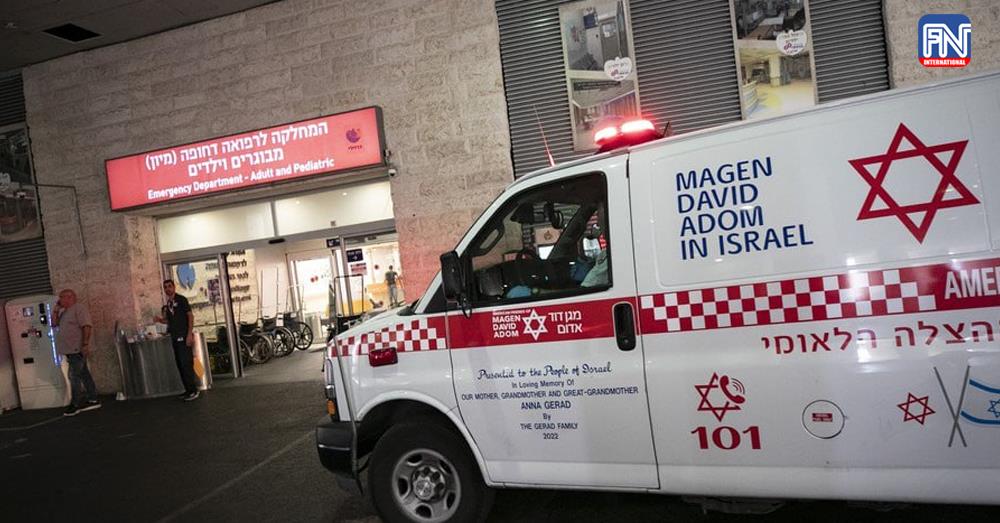JERUSALEM, Oct. 12 (Xinhua) -- Adele Raeder has lived on Israel's Kibbutz Nirim close to the border with the Gaza Strip for many years.
Like all residents of her Kibbutz, she knows well that when a siren sounds, she has 10 seconds to reach the nearest shelter to avoid an imminent rocket fire from Gaza.
"We all say this place is heaven 95 percent of the time, when life is wonderful," she told Xinhua. "But 5 percent of the time, it's hell."
On Saturday, when the Palestinian Islamic Resistance Movement (Hamas) launched a surprise attack on Israel, Adele and the other residents of Nirim rushed to their shelters. It was only the beginning of a harrowing day. The number of dead members of the community is yet to be final, and some are believed to have been abducted by Hamas.
Since taking over the Gaza Strip in 2007, Hamas launched sporadic rockets and other attacks on Israel, to which Israel repeatedly responded with airstrikes and even sent ground troops to Gaza during two of the wars.
"You never get used to it, it's not something anybody gets used to, but you learn how to handle yourself and what you need to do," said Raeder.
She is now in the southern Israeli city of Eilat, where the surviving members of her kibbutz have been evacuated to under the fire exchange.
"I just wanted to get the hell out of there," she said, describing the live fire and scenes of charred bodies, burning cars and tanks that they saw on their way out of the crossfire.
Tali Medina, a mother of four from the Kibbutz of Urim, 20 kilometers from the border with Gaza, chose to stay on her dairy farm after her family had been evacuated.
Her husband lost two of his fingers by gunfire when he was trying to escape gunmen and reach a shelter on Saturday morning.
Tali didn't want to shut down her farm. She found some flak jackets and helmets for the farmers and continued their work as the fire from Gaza continued.
Tali and others are still recuperating from the scenes of hundreds of Hamas militants storming their communities with guns, grenades and other firearms.
"We've gotten used to rocket fire, we know how to protect from it," Tali said. "But gunfire is a paralyzing fear that I cannot cope with. You hear it and you know someone is out there that wants to kill you, but you cannot see them," she said.
">
Photo from Xinhua